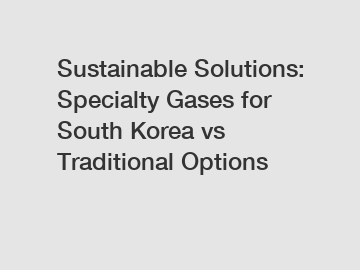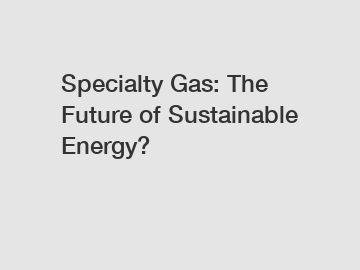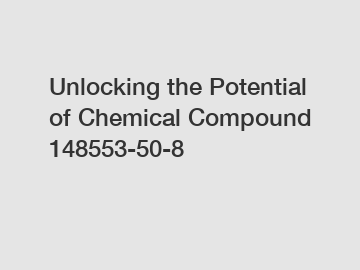What is PVA (Polyvinyl Alcohol)? Is it Eco-friendly?
Polyvinyl Alcohol, commonly known as PVA, is a synthetic polymer that has gained prominence across various industries for its versatile properties. As we delve into the realm of PVA, we aim to uncover its characteristics, applications, and assess its eco-friendliness in an era where sustainability is a paramount concern.
Understanding Polyvinyl Alcohol (PVA):
1. Composition and Structure:
PVA is a water-soluble synthetic polymer derived from the polymerization of vinyl acetate monomers.
The structure of PVA consists of a linear chain of repeating vinyl alcohol units.
2. Water Solubility:
One of the distinctive features of PVA is its high water solubility, making it readily dissolvable in water without leaving behind toxic residues.
3. Versatility in Applications:
PVA finds applications across diverse industries, including:
Textile Industry: PVA is used in sizing agents and as a component in textile finishes.
Adhesive Industry: PVA is a key ingredient in various adhesives, especially wood glues.
Paper Industry: PVA is employed in paper coatings to enhance strength and printability.
Medical Industry: Water-soluble PVA is utilized in medical films and capsules.
Construction Industry: PVA is present in certain types of construction adhesives.
Evaluating Eco-Friendliness:
1. Biodegradability:
PVA exhibits biodegradability under specific conditions, particularly in environments with microorganisms capable of breaking down the polymer chain.
However, the complete biodegradation of PVA can be a slow process, and it may not readily occur in certain environments.
2. Water Solubility and Impact on Aquatic Ecosystems:
See also:Is C2H4 gas the key to sustainable energy?
Is Hydrogen Gas the Future of Energy?
Unveiling the Chemical Properties of SF6 Gas
Revolutionizing Safety: Is Calibration Gas The Solution?
Top-Quality Industrial Gas for Sale: Where to Find and How to Choose
Is Sulphur Hexafluoride for Sale Fueling Environmental Concerns?
Unlocking the Potential of Silanes Gas in Glass ProductionWhile PVA's water solubility makes it convenient for certain applications, it raises concerns in aquatic environments. High concentrations of water-soluble PVA in wastewater can potentially impact aquatic ecosystems.
Efforts are being made to develop PVA derivatives with reduced environmental impact.
3. Renewable Resources:
PVA is generally derived from petrochemical sources, raising questions about its sustainability.
Research is ongoing to develop bio-based PVA from renewable resources, such as plant-derived sources, to enhance its eco-friendliness.
4. Recycling Challenges:
The recycling of PVA can present challenges due to its water-soluble nature. However, innovations in recycling technologies are being explored to address these challenges.
The Quest for Sustainable Alternatives:
1. Bio-Based and Water-Resistant PVA:
Scientists are actively working on developing bio-based PVA alternatives derived from renewable resources.
Water-resistant variants of PVA are being explored to mitigate concerns related to its water solubility.
2. Industry Initiatives:
Several industries using PVA are exploring sustainable practices, such as implementing recycling programs and adopting eco-friendly alternatives where feasible.
Conclusion:
Polyvinyl Alcohol (PVA) stands as a versatile polymer with a wide range of applications, but its eco-friendliness remains a subject of scrutiny. While PVA exhibits biodegradability and water solubility, the challenges lie in ensuring timely degradation and minimizing environmental impact. Ongoing research and industry initiatives are pivotal in advancing the sustainability profile of PVA, including the development of bio-based alternatives and improved recycling methods. As consumers and industries increasingly prioritize eco-friendly solutions, the evolution of PVA and its role in a sustainable future will continue to be a focus of scientific and industrial endeavors.
Revolutionizing Healthcare: Benefits of Custom Medical Gas Products" - Why are custom medical gas products gaining popularity?
How to choose high quality custom medical gas products?
How Does hydrogen fuel cell Work?
4 Advice to Choose a High-Quality Electronic Gases
Revolutionizing Green Energy: DIY Methane Production Tips?
C3F6 Gas for Sale: Comparing Prices and Quality
Are High-Quality Electronic Gases the Future?
- Previous: What is the density of undensified silica fume?
- Next: None










